
Copyright 2011 by The University of Arkansas Press
All rights reserved
Manufactured in the United States of America
ISBN (cloth): 978-1-55728-975-9
ISBN (paper): 978-1-68226-048-7
eISBN: 978-1-61075-491-0
21 20 19 18 17 7 6 5 4 3
Designed by Liz Lester

The paper used in this publication meets the minimum requirements of the American National Standard for Permanence of Paper for Printed Library Materials Z39.481984.
LIBRARY OF CONGRESS
CATALOGING-IN-PUBLICATION DATA
Agee, Gary Bruce, 1965
A cry for justice : Daniel Rudd and his life in Black Catholicism, journalism, and activism, 18541933 / Gary B. Agee.
p. cm.
Includes bibliographical references and index.
ISBN-13: 978-1-55728-975-9 (cloth : alk. paper)
ISBN-10: 1-55728-975-1 (cloth : alk. paper)
1. Rudd, Dan. A. (Daniel Arthur), b. 1854. 2. African AmericansBiography. 3. African American CatholicsBiography. 4. African American journalistsBiography. 5. American Catholic tribuneHistory. 6. African American political activistsBiography. 7. African AmericansCivil rightsHistory. 8. Civil rightsReligious aspectsCatholic ChurchHistory. 9. Social justiceUnited StatesHistory. 10. United StatesRace relationsHistory. I. Title.
E185.97.R83A43 2011
282.092dc23
[B]
2011034110
We think we will live long enough to see a black man president of this Republic.
DANIEL RUDD,
10 FEBRUARY 1888
PREFACE
In 1969 David Spalding, C. F. X., published a groundbreaking article on the Colored Catholic Congresses of the nineteenth century. In The Negro Catholic Congresses, 18891894, Spalding identified Daniel Arthur Rudd (18541933) as the chief architect of this important lay initiative.
This book will build on the work of Davis and Lackner by exploring the nature of the cry for justice lifted by Rudd throughout the years of his newspapers publication. My primary thesis is that from 1886 through the newspapers collapse, circa 1897, Rudd promoted a church-centered vision of justice that presumed for the Catholic Church a vital role in the establishment of a racially equitable society in America. Appealing to the Fatherhood of God and Brotherhood of Man, the editor of the American Catholic Tribune employed the theologically rich nomenclature of the day. These convictions regarding the fundamental unity of the human family found support both in the teachings of Jesus and the Christian Doctrine of Creation. Rudd argued the best hope for African Americans living in late nineteenth-century America was the Catholic Church. He believed that through its mission and ministry justice would indeed prevail in American society. Moreover, during this same period Rudd found sufficient evidence and encouragement from church leaders to believe that this divine institution would play a pivotal role in societys eventual recognition of the full equality of African Americans.
The primary source material for this book is the American Catholic Tribune. There are 285 extant copies of this publication at the Philadelphia Archdiocesan Historical Research Center, and the newspaper is also available on microfilm at several libraries. Though Rudd began publishing the American Catholic Tribune in August 1886, the earliest extant copy of the newspaper is dated 18 February 1887. The last extant copy, published in Detroit, is dated 8 September 1894.
ACKNOWLEDGMENTS
This book owes a debt of gratitude to many fine people. To my father and mother, James and Alene, whose faith and service to the most needy in our community make me want to be a better person. To my wife, Lori, the mother of our ten children, who has loved and served me devotedly since we met. As a result of her love, I experienced what can only be described as a renaissance. Looking back at my journals from the early years of our marriage, it is evident that she drew out of my inner being a set of abilities and gifts that had lain buried beneath a heap of self-doubt. For years she has encouraged me to write, and I have finally begun to listen. To my brother Tim, ever the generous one, and always nearby when I need him; it was he who paid for my first year of doctoral studies. I thank the members of the two congregations I have been fortunate to lead: the Hopewell Church of God and the Beechwood Church of God. They afforded me the time to research and write this book. Two individuals above all others deserve thanks at the University of Dayton. First, Cecilia Moore, who in spite of her busy schedule agreed to supervise the reading course that introduced me to Daniel Arthur Rudd. And, finally, William L. Portier, my dissertation adviser. His third-floor office door is always open to students and faculty alike. Many times I made use of this generous gift. His patience, expertise, and at times toughness helped me better understand the vocation of the scholar. The fruit of his years of study and his deep love for the church have improved not only this manuscript but also me as a person.
INTRODUCTION
On 6 January 1892, Daniel Arthur Rudd, a former slave and the proprietor and editor of the American Catholic Tribune, answered an invitation to speak before the Apostolate of the Press, an organization of Catholic editors and publishers, gathered in New York City. The youthful and energetic Rudd was at the zenith of his career. His many accomplishments up to this crowning moment demonstrate a man driven by deep resolve. Despite the bondage of his youth, Rudd, with the help of heretofore unknown benefactors, managed to get a well-rounded primary education, subsequently completing his high school training in Springfield, Ohio, following the Civil War. While residing in Springfield, Rudd became an accomplished printer and editor. In 1886 he and partner James Theodore Whitson, M.D., established a newspaper, the American Catholic Tribune, which subsequently became a national publication boasting 10,000 subscribers by 1892. This remarkably large subscription base made the ACT one of the most successful black newspapers of its era.
Daniel Rudd was among the most visible and influential lay Catholics of his generation. In demand as a lecturer, he traveled extensively. On these excursions Rudd met and won the confidence and cooperation of many distinguished church leaders, including James Cardinal Gibbons (18341914), archbishop of Baltimore; Henry Edward Cardinal Manning (18071892), of Westminster, United Kingdom; and Charles Cardinal Lavigerie (18251892), archbishop of Carthage and Algiers and primate of Africa. Rudd and several delegates to the first Colored Catholic Congress held in Washington, D.C., in 1889 were even hosted by President Grover Cleveland (18371908).
At the same time Rudd was addressing the members of the Catholic press in New York, not far away in Philadelphia the delegates of the Colored Catholic Congress were meeting. Rudd was the visionary founder of this same organization established three years earlier. Moreover, Rudd appears to have been the initiator of the interracial lay Catholic congress movement. This important lay initiative was subsequently formed with the aid of influential German Catholic laymen William J. Onahan (18361919) and Henry J. Spaunhorst.
Despite Rudds amazing accomplishments, his decision to answer the invitation to speak before the members of the Catholic press was accepted with some temerity. Rudds sense of the moment, however, trumped his reservations; the editor of the



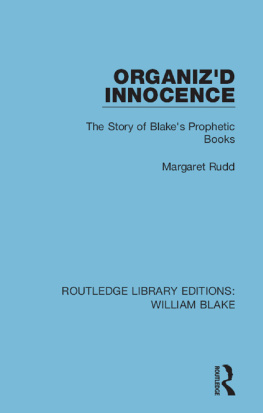
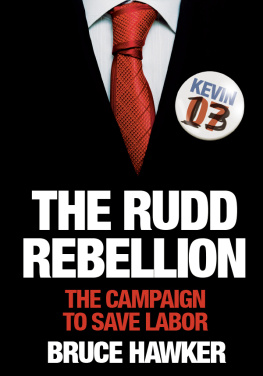
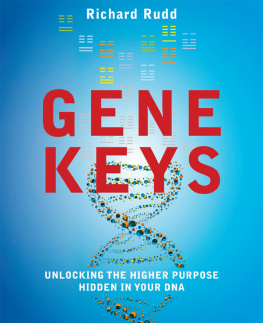


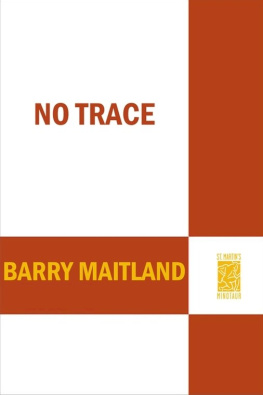

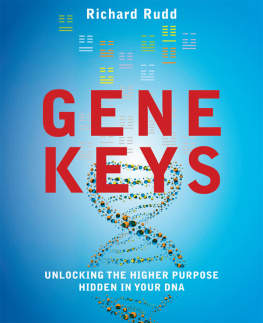

 The paper used in this publication meets the minimum requirements of the American National Standard for Permanence of Paper for Printed Library Materials Z39.481984.
The paper used in this publication meets the minimum requirements of the American National Standard for Permanence of Paper for Printed Library Materials Z39.481984.